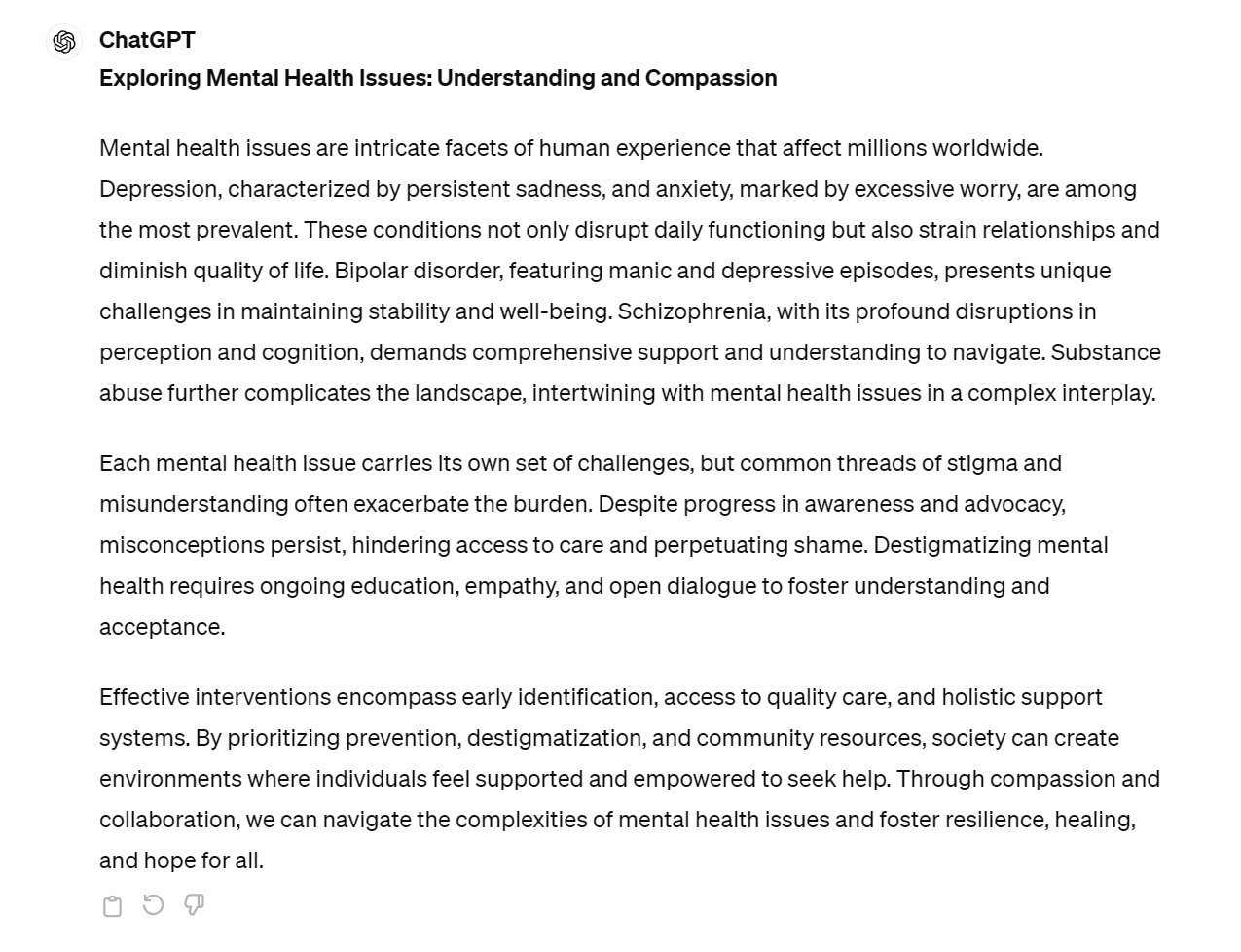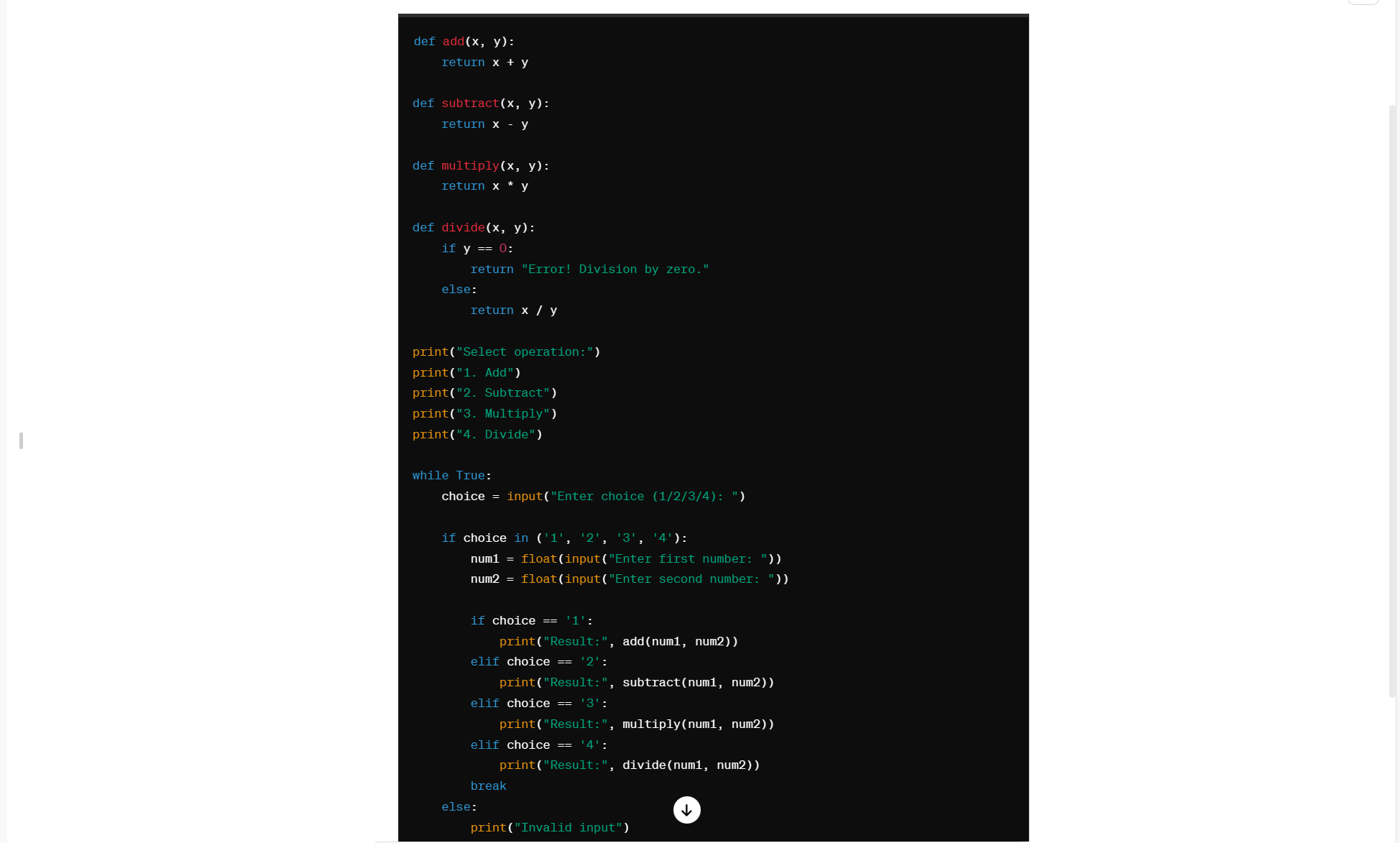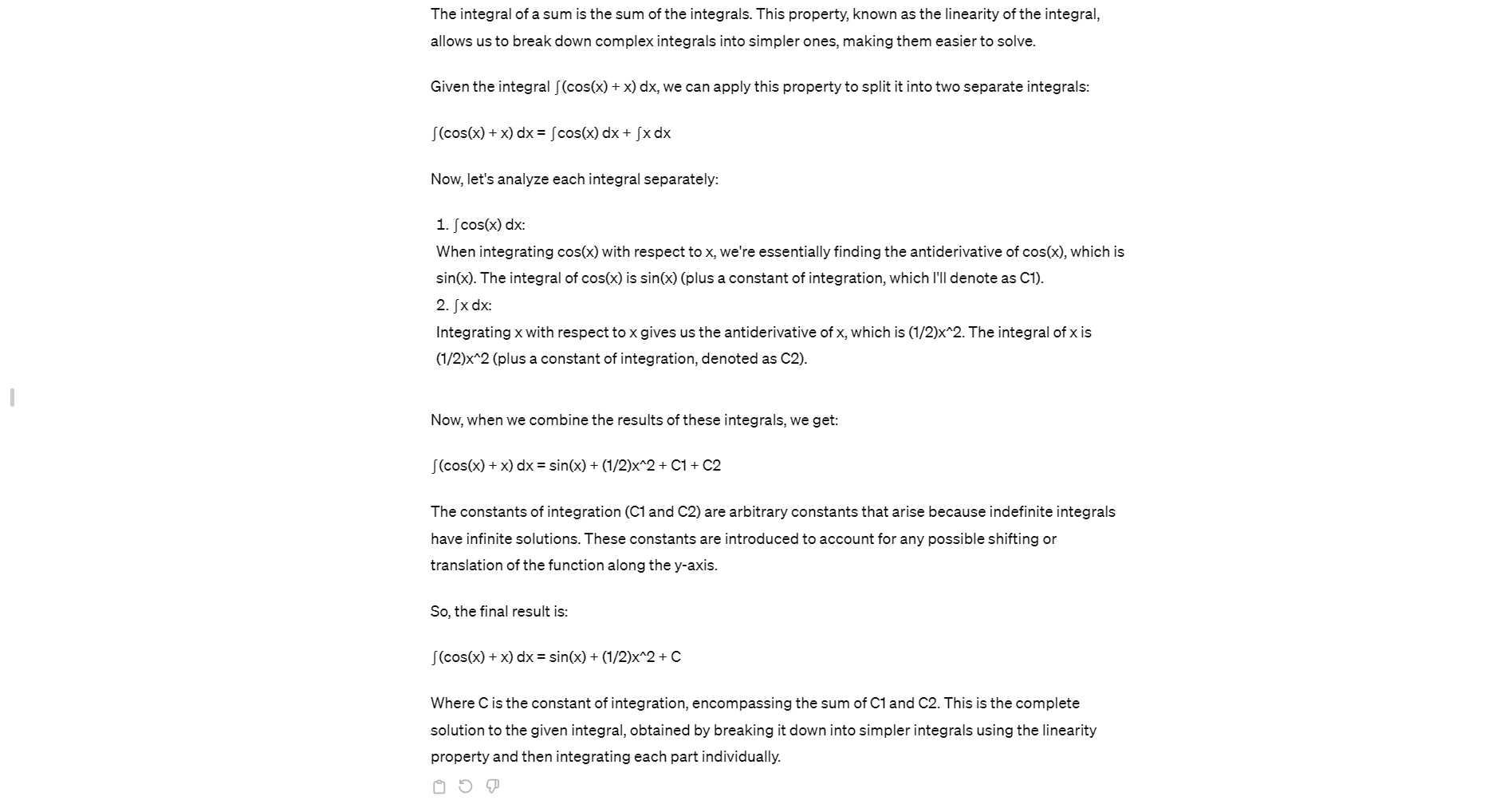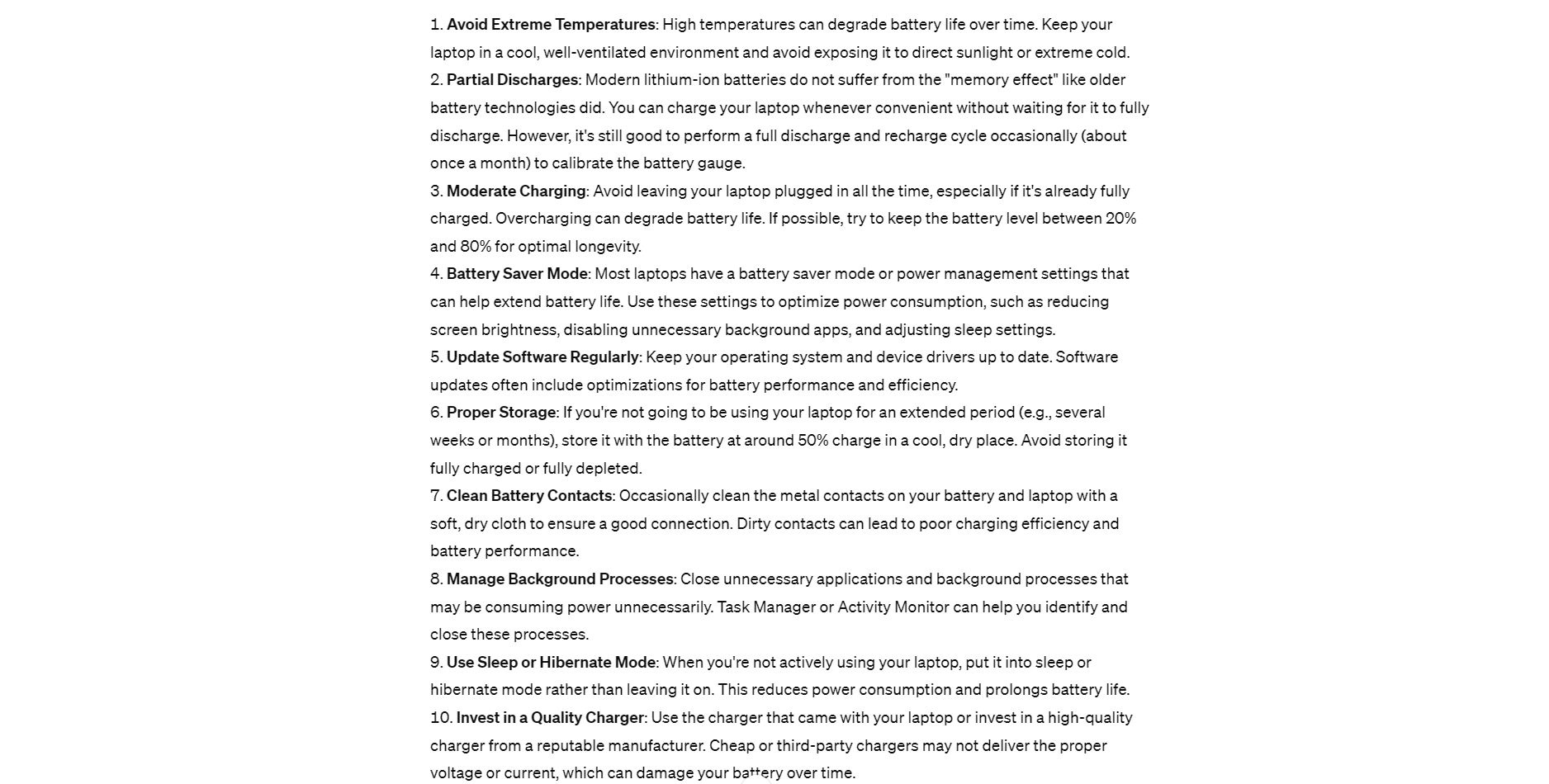ChatGPT 抄袭吗?检查聊天机器人的来源
- 王林原创
- 2024-06-14 17:07:51728浏览
While ChatGPT can answer any question you may have, some users wonder whether its responses contain plagiarism. To investigate this, we generated four different types of texts using ChatGPT and then evaluated their originality using various plagiarism detection tools.
What Exactly Is Plagiarism, and How Do LLMs Work?
To determine if ChatGPT is guilty of plagiarism, you should first understand what constitutes plagiarism. Plagiarism involves using another person's words, ideas, or work without proper attribution. This includes directly copying text from a source without citation or closely paraphrasing someone else's ideas without acknowledgment.
ChatGPT, like other Large Language Models (LLMs), is trained on large datasets, mostly from publicly available content. However, collecting such vast amounts of data raises ethical questions, as the original creators haven't consented to their work being used in training the LLMs. This leads to debates about the ethics and legality of such practices.
Although ChatGPT generates responses based on the prompts it receives, the issue lies in the broader context of how OpenAI (ChatGPT's developer) obtained the data used to train it, which involves using content without proper consent. Many see this as plagiarism and, for many websites, content theft. However, pinpointing the exact sources of plagiarism is difficult.
For the remainder of this article, we'll concentrate on whether ChatGPT plagiarizes its output from other sources without delving into the specifics of where its responses come from. Let's check the originality of ChatGPT's responses using various plagiarism detection tools to see whether the chatbot uses text from online sources directly.
Does ChatGPT Plagiarize Essays?
In this first example, we tasked ChatGPT with composing a 300-word essay on mental health issues.

Following that, we used various plagiarism detection tools to assess the originality of the essay generated by the chatbot. These tools included the Quetext plagiarism checker, Microsoft Word's built-in plagiarism checker, Grammarly's plagiarism checker, and the Duplichecker plagiarism scanner.
Microsoft's built-in similarity checker reported zero percent similarity with online sources. The levels of plagiarism detected by other tools were also minimal: Grammarly's plagiarism detector found four percent, QueText's plagiarism detector found five percent, and Duplichecker's plagiarism scanner showed zero percent.
Considering the small percentage of detected plagiarism, it appears that ChatGPT does not directly copy essays from existing sources.
Does ChatGPT Plagiarize Code?
To assess whether ChatGPT plagiarizes code, we tasked the chatbot with writing code for a calculator in Python.

Following this, we conducted a plagiarism check on the code using a specialized programming plagiarism checker called Dolos, which detected zero percent similarity. Also, when we checked the code using general text plagiarism detection tools mentioned above, the results were consistent, with almost none of the programs detecting more than four percent plagiarism.
When we prompted ChatGPT to generate a code for a calculator from different accounts, the responses appeared different. This observation and the results from the plagiarism checks indicate that ChatGPT doesn't simply replicate codes from online sources. Instead, it draws upon the dataset it was trained on to generate code independently.
Does ChatGPT Plagiarize Mathematical Solutions?
During the third test, we tasked the chatbot to solve a mathematical problem and provide detailed reasoning for each step.

To check the originality of the response, we tested its output using several academic-specific plagiarism detection tools, including PapersOwl plagiarism checker, AI-powered Trinka plagiarism scanner, as well as general plagiarism checker tools such as Grammarly, Duplichecker, and QueText.
PapersOwl 的抄袭检测器表明聊天机器人生成的推理与在线资源之间有近 46% 的相似度。同样,Trinka 抄袭检测器报告相似度超过 10%。此外,Grammarly 的抄袭检测器检测到 14% 的相似度,QueText 检测到 17%,而 Duplichecker 检测到 7%。
在生成的响应中检测到高度抄袭并不表明聊天机器人直接从在线资源复制数学问题的推理。这主要是因为数学问题的解决方案和推理通常是标准的,并且可以在网上广泛获得。
因此,尽管 ChatGPT 提出了自己的答案,但在网上找到相同的答案和推理是可能的,这可能会增加抄袭率。
ChatGPT 是否使用博客内容?
为了检查 ChatGPT 是否使用在线博客中的内容,我们要求聊天机器人提供维护笔记本电脑电池健康状况的提示。

Microsoft Word 在生成的文本中检测到 10% 的抄袭行为。 Duplichecker 显示 4%,Grammarly 的抄袭检查器显示 14%,但 Quetext 发现文本中有 58% 抄袭。经过进一步挖掘,聊天机器人响应中的一些文本与一些博客上的内容相匹配。
为了仔细检查高抄袭检测是否不仅仅是巧合,我向聊天机器人询问了一些有关可轻松在线获取的信息的问题。生成的回复中的抄袭百分比要高得多。根据我们的测试,聊天机器人有时会使用来自在线资源的短语和文本,这非常令人惊讶。
您应该在工作还是学习中使用 ChatGPT?
虽然许多免费的在线抄袭检查程序尚未检测到 ChatGPT 响应中的重大抄袭行为,但您不应将其用于学术或专业目的。
如果您是学生,请勿使用 ChatGPT 完成学校作业。教师可以使用 GPTZero 和 Turnitin 的 AI 写作检测器等工具来发现 AI 生成的内容。如果你的作品被此类工具标记为人工智能生成,你可能会无法完成作业,甚至被学校开除。尽管许多 GPT 检测工具明确声明不应将它们用于此目的,但它们确实如此,并且可能会给您带来麻烦。更不用说,如果你没有正确地研究这个话题,你实际上只是在欺骗自己。
您可以使用聊天机器人来提高您的工作绩效吗?这取决于。如果您想改善电子邮件或其他文本形式的写作流程,使用人工智能可以节省您的时间和精力。但是,您应该仅将其用作协助您完成任务的工具,而不是依靠它来完成整个工作。
相反,如果您的工作(例如专业写作)禁止使用此类工具,则您应该完全避免使用 ChatGPT 或任何其他工具。
希望我们的测试能让您深入了解 ChatGPT 可以在多大程度上从网络上的可用资源中获取资源。然而,值得注意的是,我们使用了免费的抄袭工具,并且仅测试了有限的数据集。因此,虽然我们的发现可能有帮助,但不应将其视为绝对事实。
以上是ChatGPT 抄袭吗?检查聊天机器人的来源的详细内容。更多信息请关注PHP中文网其他相关文章!

